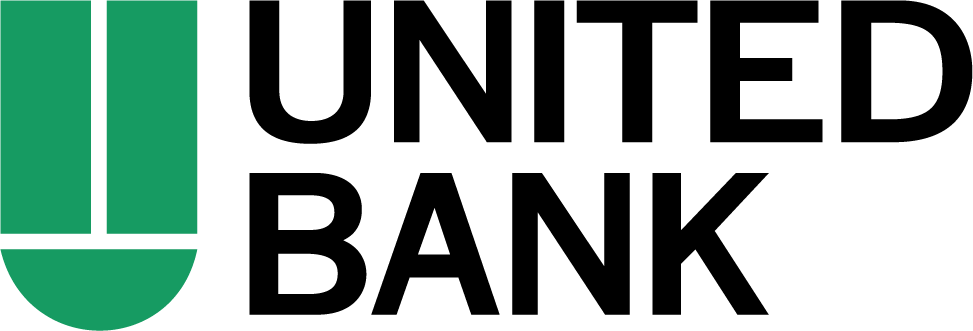With the finish line approaching, it is the perfect time to reflect on your yearly goals. Whether you hit your targets or faced setbacks, assess where you stand and create fresh goals for the upcoming year. However, setting a goal is only as great as the plan to get there. Setting SMART (Specific, Measurable, Achievable, Relevant, Time-bound) goals is a great way to give yourself a clear path forward. Instead of having the broad goal of “saving money,” make a specific plan. For example, you can plan to save $200 per month to have $2,400 saved up by the end of the year.
Automating your savings by setting up recurring transfers is a tremendous help; this takes the effort out of saving and ensures you are constantly working towards your goals. You can set up recurring transfers with your United Bank account and put your financial growth on autopilot.
If long-term goals are more of your focus for this coming year, United Bank has no shortage of resources. Whether you are planning for retirement or thinking about leaping into investing, a financial advisor with United Brokerage Services, Inc. can help you get started.

